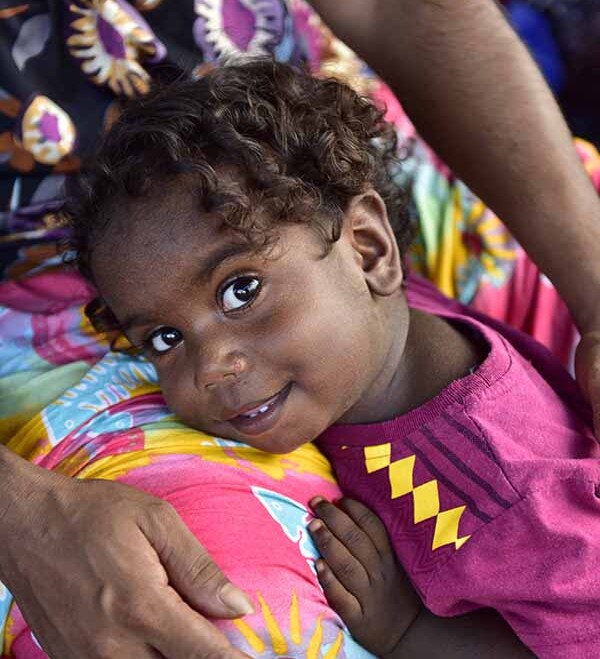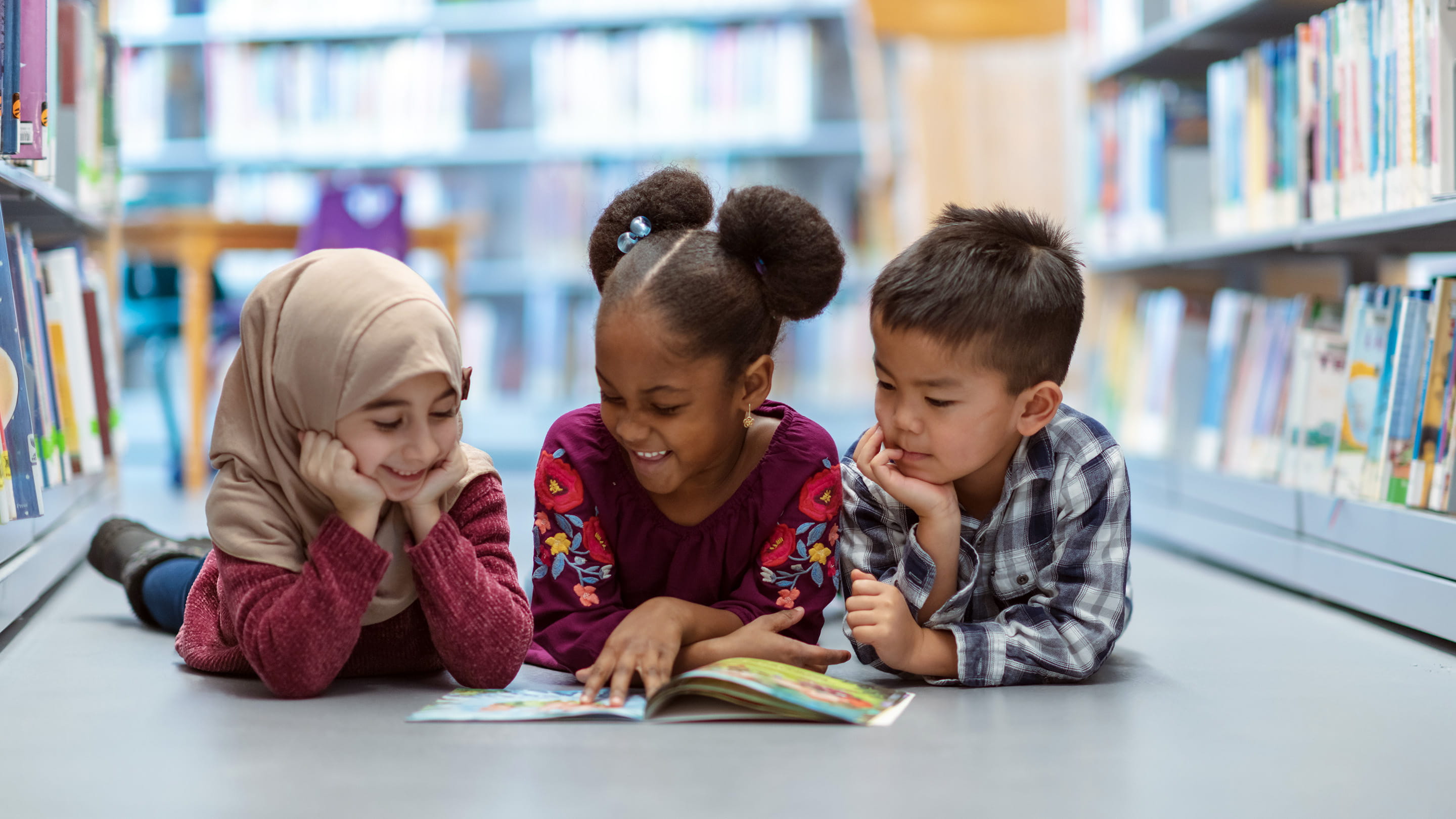Glossary (154.4 KB, PDF)
Acculturation: the process of borrowing between cultures, marked by the continuous transmission of elements and traits between different groups and resulting in new and blended patterns.
Anti-racism: A name given to conscious efforts and deliberate actions to counter racial prejudice, systemic racism and the oppression of specific racial groups.
Asylum seekers: People who have sought protection as refugees, but whose claim for refugee status has not been yet assessed. Please note, it is often more inclusive to use the phrase ‘people seeking asylum’, rather than ‘asylum seekers’ to acknowledge people’s humanity and ensure they are not defined by their refugee status. Read more from the Refugee Council of Australia.
Belonging: A sense of connection with a group, for example, a group of peers, family, or learning community. It is the sense that you’re a valued member of a community and respected by others.
Connectedness: A sense of caring for and being cared for by others. This is a powerful protective factor for mental health.
Cultural responsiveness: Applying one’s capacity or ability to understand, interact and communicate effectively and with sensitivity, with people from different cultural backgrounds.
Discrimination: Treating individuals or groups differently based on their perceived membership to a particular group. This could be based on groups such as race, religion, gender, disability, age or culture.
Diversity: The state of having differences. This can include, but is not limited to, differences in culture, race, language, gender, sexuality, beliefs, abilities, education level, age, socioeconomic status, mental health status and values.
Equity: Being fair and just, especially in a way that takes account of and seeks to address existing inequalities.
Global majority: A collective term for people, such as First Nations Peoples and people of colour, who don’t experience white privilege. It works to challenge traditional ideas about power dynamics and provide a sense of empowerment and belonging to those who are often excluded based on appearance, particularly skin colour. Learn more at Emerging Minds.
Inclusion: A state that occurs when a group of diverse people feel valued and respected, have access to opportunities and resources, and can contribute their perspectives and skills to improve their environment.
Intersectionality: If people belong to more than one marginalised group, intersectionality refers to how different aspects of their identity can expose them to overlapping forms of discrimination.
Mental health stigma: Disapproval or shame placed on individuals who live with or seek help regarding a mental health issue or condition.
Microaggression: Discrimination against people through small and apparently unintended ways, such as in casual slurs and semi-joking insults.
Migrant: A person who has moved either within the borders of the country in which they were born, or outside that country. In contrast to refugees, migrants can generally choose to move away from and return to their birth country safely. Read more from the Refugee Council of Australia.
Protective factors for mental health: Factors that can decrease the likelihood of mental health issues. They can help build and maintain resilience, even when risk factors are present.
Racism: The process by which systems, actions and attitudes discriminate against people based on their race. Racism and discrimination can have profoundly detrimental impacts on a person’s mental health. Read more from the Australian Human Rights Commission.
Refugee: A person who has been forced to leave their home and resettle, for reasons such as conflict and violence. Read more from the Refugee Council of Australia.
Risk factors for mental health: Factors that can increase the likelihood of experiencing stress and developing mental health issues. Feeling excluded, not valued or respected can be risk factors.
Tokenism: Refers to symbolic actions or practices that may appear to promote diversity and be inclusive but may not have meaningful or respectful intentions.
Unconscious bias: A social stereotype about a certain group (such as a racial or identity group) a person forms outside their conscious awareness.

